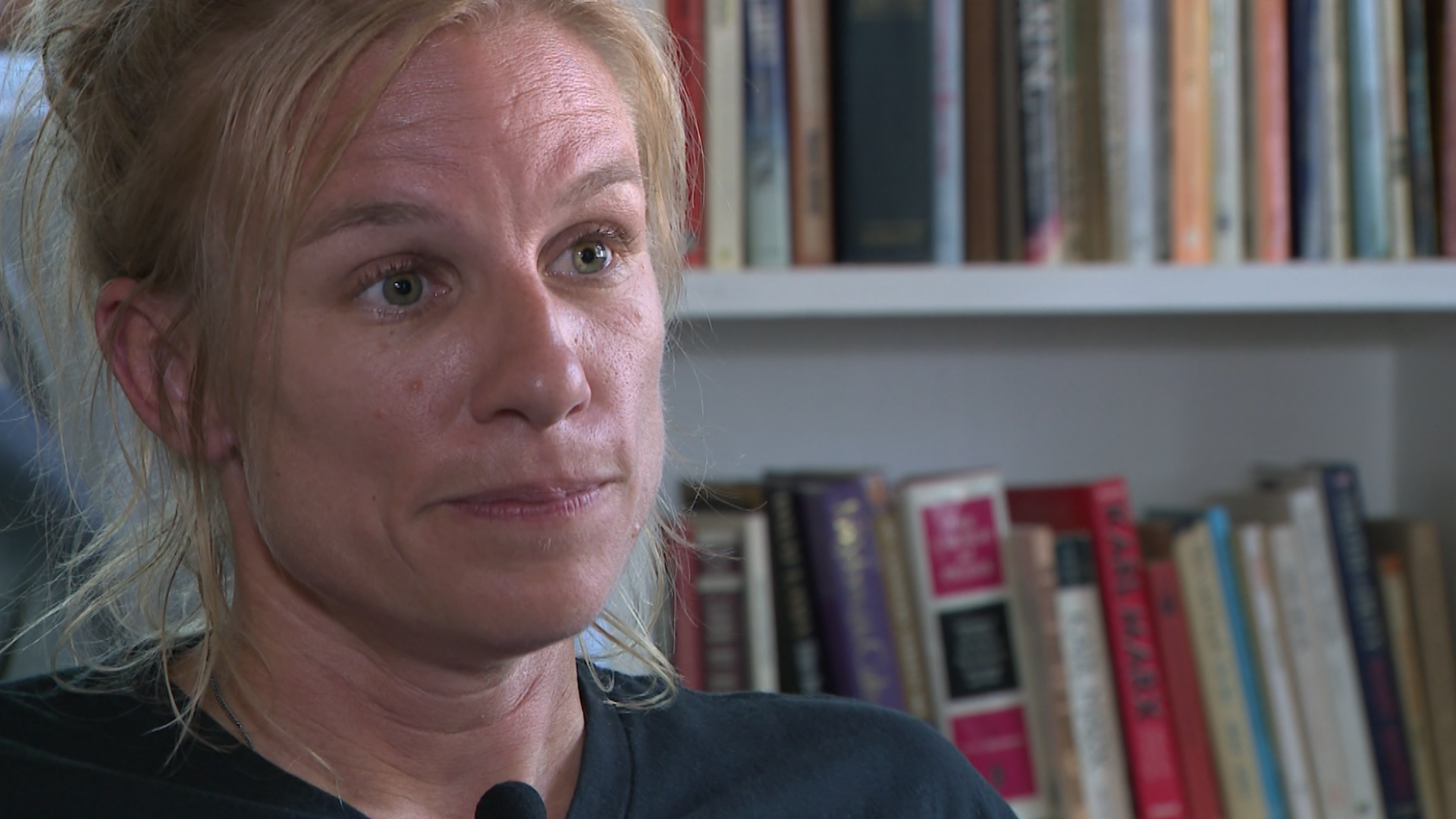DES MOINES, Iowa — A Des Moines woman sentenced to eight years in federal prison for damaging valves and setting fire to construction equipment along the Dakota Access Pipeline believes her actions have been misinterpreted not only by the legal system, but the community.
Jessica Reznicek, 39, describes herself as an energetic, joyful and prayerful person. Federal prosecutors have labeled her a domestic terrorist.
Reznicek is currently on house arrest awaiting her prison assignment after being sentenced Wednesday for a crime she says began with a deep love for the environment— specifically water.
"As a very young child, I would go to the river for peace, for solace, for healing," Reznicek said. "I remember even as a young child just plunging underneath that water and then all you could see and feel and hear was life around me."
So when she felt that life was being threatened by the building of the Dakota Access Pipeline, Reznicek said she felt personal pain and desperation.
"The quality of water has seriously diminished, and I grieve that. I grieve that not just for myself but for the young people coming up behind me," she said.
She became an activist and said she felt she exhausted in every conventional way of effecting change. Then, Reznicek decided to take a different route in her demonstrations.
Full interview: Jessica Reznicek on her motivations, prison sentence
In 2017, Reznicek took a cutting torch to damage construction of the pipeline, creating what federal documents allege was more than $100,000 in damage.
"I’m not sure how that’s being spun as violent and certainly not domestic terrorism," Reznicek said. "Especially when the people who are constructing the pipeline are ultimately the people who are contributing to the desecration of the Earth."
The decision to damage the pipeline wasn't an easy one for Reznicek.
"I discerned it at length. The conclusion that I made was that in my heart, this was the right thing to do. In my heart, this was not violent. In my heart, the laws that protect this pipeline are the laws that are violent," she said.
Reznicek said she is at peace with her actions and where they have led her.
"Regardless of what dominant culture thinks, there is community in prison. And I will be that community. I will be a member of that community," she said.
As to whether she would have done anything differently, Reznicek says she sometimes wonders why she admitted to doing it.
"Why did I claim responsibility? I shouldn’t have claimed responsibility for these actions. They didn’t have any evidence to hold against me. But those aren’t the things that keep you up at night. Behind honest? I can sleep still...being honest," Reznicek said.
The count that she pled guilty to carries anywhere from 0-20 years, so she was hopeful it would be shorter than eight. However, she did prepare herself for a potential 15-year sentence.
And there was some hope that she could be released on probation.
Reznicek met with the US Marshal who told her they'll send her a letter of where and when to report to prison.
She has 14 days to appeal her conviction, and she and her legal team plan to do so.
"There are many who have come before me who have spent time in prison for their convictions," Reznicek said. "Who knows what I may contribute someday to making the world a better place."

